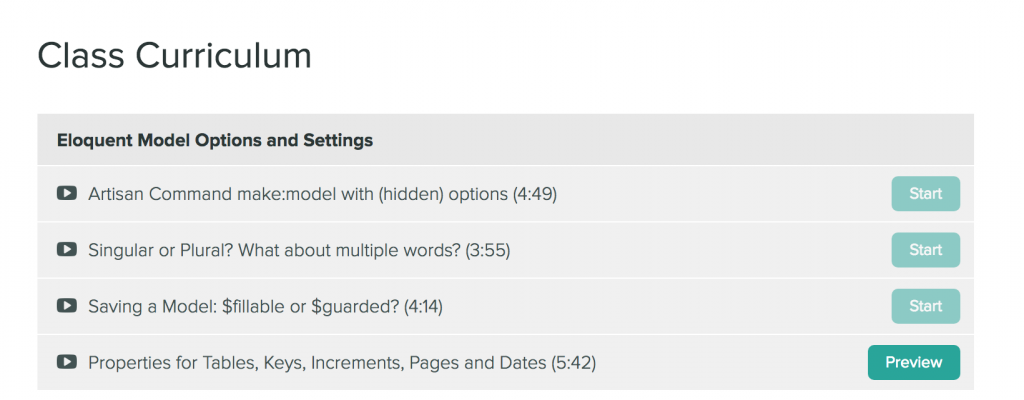

As you practice, remove points that are easy to remember and don’t need prompting.
#Eloquent speaking courses full#
Once you have a full point format outline, rehearse it aloud two or three times to hear how the ideas flow and fit together.

This solves both issues: by using point format, you default to a more natural, conversational delivery, and if you forget the next point, you have a short reminder to kick start the next section of your speech. Instead, write your speech in point format, with three to ten words to remind you of key ideas, stories, or analysis. This may sound effective, but when we forget a passage, everything is likely to crumble as we fumble for that specific phrase that was so well planned. It tempts us into memorizing our speech word-for-word.Canadian National Debate More, no one wants to hear the dry monotone of someone reading to them from a text.British Parliamentary: Not a common phrase in BP, where "Motion" is used instead.World Schools Debate: Not a common phrase in WSD, where "Motion" is used instead.Public Forum: Not a common phrase in PF, where "Resolution" is used instead.No matter how interesting the topic General Definition: The central premise being debated, often called the "Motion" or "Resolution". This is a mistake! Even if it makes us feel comfortable, it creates two traps that undermine your confidence and eloquence. When developing an important presentation or speech, it’s easy to overprepare and write out every word we want to say.


 0 kommentar(er)
0 kommentar(er)
